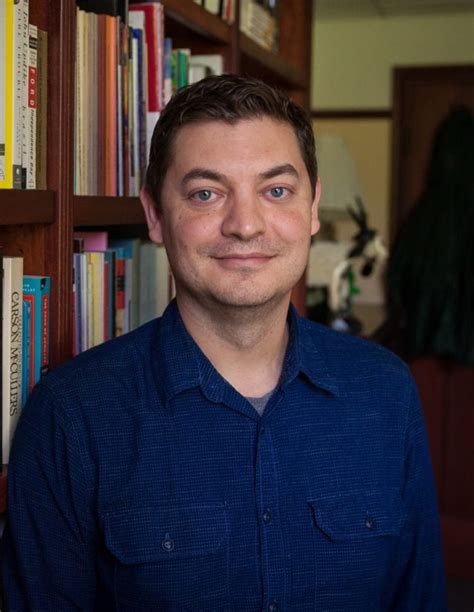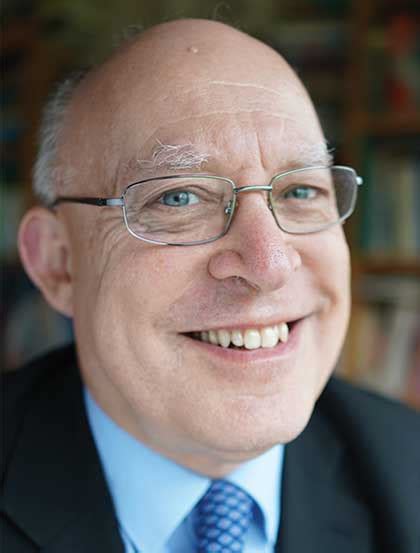A Quote by Ron Currie Jr.
I think that anyone who grew up reading and being taught the Bible, as I did, can't help but have their prose shaped by it later in life. I still have deep, almost primal responses to the language of scripture, and I think that comes through in all my writing.
Related Quotes
In high school, in 1956, at the age of sixteen, we were not taught "creative writing." We were taught literature and grammar. So no one ever told me I couldn't write both prose and poetry, and I started out writing all the things I still write: poetry, prose fiction - which took me longer to get published - and non-fiction prose.
When I grew up in the South, I was taught that segregation was the will of God, and the Bible was quoted to prove it. I was taught that women were by nature in inferior to men, and the Bible was quoted to prove it. I was taught that it was okay to hate other religions, and especially the Jews, and the Bible was quoted to prove it.
For Dicey, writing in 1885, and for me reading him some seventy years later, the rule of law still had a very English, or at least Anglo-Saxon, feel to it. It was later, through Hayek's masterpieces "The Constitution of Liberty" and "Law, Legislation and Liberty" that I really came to think this principle as having wider application.
I think readers are always patient. Look at the 'Harry Potter' series. Some have given up on this generation of kids as game and TV addicts, but lots of people spend lots of time patiently reading through hundreds of pages of dense prose. I think reading a comic by comparison is a lot more immediate.
I feel like in the reading I did when I was growing up, and also in the way that people talk and tell stories here in the South, they use a lot of figurative language. The stories that I heard when I was growing up, and the stories that I read, taught me to use the kind of language that I do. It's hard for me to work against that when I am writing.
The Bible is so deep! As the 6th-century church father Gregory put it: "Scripture is like a river...shallow enough...for the lamb to go wading, but deep enough...for the elephant to swim." It's humbling to be involved in projects that make the riches of the Bible accessible to Bible teachers and students.
I think there in a great deal to be said for religious education in the sense of teaching about religion and biblical literacy. Both those things, by the way, I suspect will prepare a child to give up religion. If you are taught comparative religion, you are more likely to realise that there are other religions than the one you have been brought up in. And if you are if you are taught to read the bible, I can think of almost nothing more calculated to turn you off religion.



































